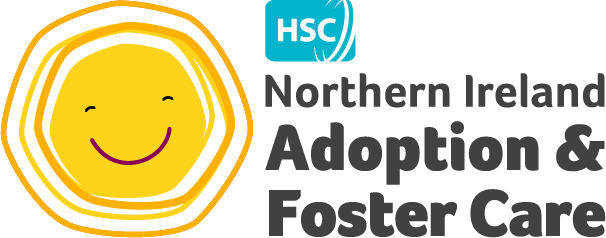30th May 2025
How did you feel when you first arrived in Northern Ireland?
I had to leave my home country as the tribe I belonged to wanted me to marry an older man when I turned 15 years old. My uncle arranged for me to leave my village, paying a local man known to have helped others. I had to leave very quickly and travelled to the neighbouring country. From there I travelled for many months, often at night and having to trust a lot of people I did not know. I did not know when I was going to get food, had no other clothing than what I was wearing when I left or where I would stay. I frequently encountered a lot of discrimination from authorities in the countries I was travelling through, telling me I had to go back or threatening to put me in jail.
I spent several months in a refugee camp in France and along with other young people, I made numerous attempts to get to the UK. I was unable to contact my family, as I was worried for their safety and felt alone and scared being so far away from them.
I eventually made it to Northern Ireland but I did not know what would happen to me. I was frightened but also relieved and hoped that someone would help me feel safe. I worried I would not be believed about why I had left my home and that I might be sent back.
What were your thoughts when you were placed with your foster carers?
I was placed with a family as soon as I arrived in NI, who were also caring for another young refugee. This helped reassure me and not feel alone. It was good to be able to live in a family home rather than a children’s home or other arrangement as it was smaller. I knew I would be well cared for and would not need to worry about anything because they were so friendly.
What types of things helped you settle into foster home?
The family were very welcoming; I had my own bedroom, was provided with things I needed to ensure that I could continue with my religious and cultural practices and provided with foods I liked from home. The other refugee young person told me about her experiences so I did not feel alone and was able to ask her questions about what would happen at each stage and who everyone was.
What types of things did you learn?
I learnt lots of new things like language, foods, how to swim and I have started school.
How have your foster carers supported you?
They helped me with practical tasks such as learning how to cook certain meals, where everything is in our local town, help with homework as well as knowing when I am feeling sad and missing my family or when I have had a difficult conversation with my solicitor about why I had to come here.
How had life changed for you since coming to Northern Ireland?
I have only been here for a short period of time so I am still adjusting to everything that is new. The biggest change is that I can now go to school everyday, something that girls in my home country do not get a chance to do. I love learning and I have additional support to help me understand the language.
Anything you particularly miss from your home country?
I miss my family but I know that they arranged for me to leave to protect me and keep me safe. They have given me an opportunity to be a young person and have a safe future.
What are you doing now?
I go to school and have started to study for my exams. I hope to be able to go to university some day and become a teacher.
